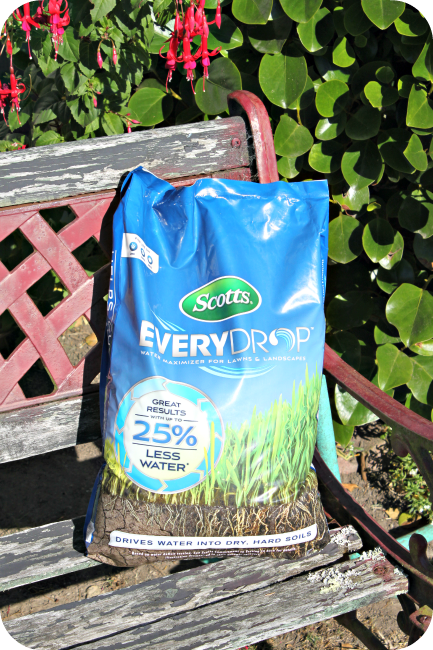
According to the Disabled Living Foundation, there are approximately 770,000 disabled children under the age of 16 in the UK { }.
It can be very traumatising when families are told their child has a disability. It doesn’t matter if they find out shortly after the time of birth, or if the diagnosis takes place when the child is older. Families will unavoidably experience overwhelming emotions such as shock, disbelief, and fear.
Helping parents who are coping with a child with disabilities is extremely challenging, yet rewarding. Undoubtedly, families find the support from people in social care jobs essential.
People in social care jobs who work with children with disabilities often work in partnership with health services, the police, schools and some voluntary organisations. They provide support and advice to ultimately keep families together, happily and safely.
Support is often provided in a range of different settings, including family homes, hospitals, day care units or sometimes residential units. This can be practical or intense, depending on the situation.
When it comes to supporting a family coping with a child with disabilities, there are some practical tips that can help people in social care jobs along the way:
– It’s extremely important to encourage families to talk about the situation and ask questions. Bottling things up will do nobody any good.
– One of the most difficult things for families coping with a child with disabilities is dealing with people outside of the family and their reactions. Helping families with this is essential.
– Parents need to know that they’re not alone. There may not be someone facing the exact same symptoms that their child is, but there are other families out there dealing with situations just as difficult. Encourage parents to join support groups and social media groups so that they always feel they have someone to turn to on a difficult day { }.
– No one is perfect and everyone makes mistakes. Make sure families know that. Perhaps they missed an appointment, or their child had a bad day at school. It doesn’t matter.
– Don’t compare. It’s human nature to compare our families with others. But, all children are different. They will all develop at their own pace.
There is no doubt that helping the families of disabled children is extremely challenging. However these tips should help both people in social care jobs and the families they work with.


